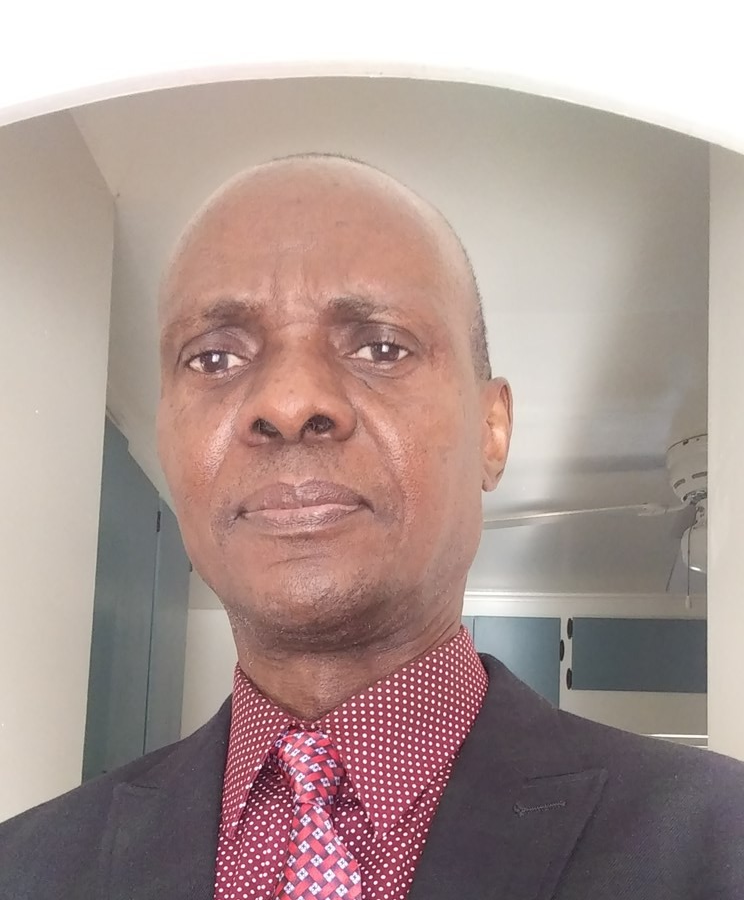Kyle Powys Whyte, Professor in the Department of Philosophy and Timnick Chair in the Humanities, along with Chris Caldwell, Director of the Sustainable Development Institute at the College of Menominee Nation, are this year’s recipients of the Community Engagement Scholarship Award, which will be presented at the Michigan State University Awards Convocation on Tuesday, February 4, at 3:30 p.m. at the University Club in Lansing. Colleagues, family, and friends are welcome to attend.
The Community Engagement Scholarship Award recognizes Whyte and Caldwell for their environmental, community, and sustainability contributions. The award is supported by the Office of the Associate Provost for University Outreach and Engagement.
Whyte and Caldwell, through the cooperative work of Michigan State University and the Sustainable Development Institute at the College of Menominee Nation, are working to support the Menominee people and Indigenous peoples globally in their efforts to draw lessons from their histories and cultures to empower them to plan a sustainable future.
Whyte’s work as a philosopher has centered on environmental justice. He is an extremely devoted and popular teacher, holding the Timnick Chair in the Humanities in recognition of his dedication to effective pedagogy and public philosophy, and holds a joint appointment in the departments of Philosophy and Community Sustainability, bridging the concerns of two widely distinct colleges at MSU.
He is a nationally and internationally recognized expert on the relationship between communities and their environment, particularly among Indigenous North American nations that have faced historic and continual injustice while attempting to preserve cultural practices that value the environment.
A member of the Potawatomi nation, Whyte began working with Caldwell in 2011, and when Caldwell became director of the Sustainable Development Institute the following year, their collaboration intensified.
They share a vision of empowering Indigenous peoples, as sovereign nations, to become leaders in the practice and promotion of sustainability.
Whyte and Caldwell have pursued a variety of initiatives together. They have made the Sustainable Development Institute a hub for Indigenous perspectives on climate change. They have set up educational efforts, ranging from events for students at the College of Menominee Nation, to workshops extending to other tribes, to a national summer institute for Indigenous students from all parts of North America and the world.
They have supported students from Michigan State University, the College of Menominee Nation, and various other universities in conducting research through the Sustainable Development Institute.
Whyte and Caldwell have received more than $1 million in grants to aid their efforts. Publications resulting from these diverse endeavors have appeared in major journals across the field.
Befitting their mission as educators, Whyte and Caldwell have encouraged both graduate and undergraduate students to take major roles in this research, including as lead authors on publications.
The Community Engagement Scholarship Award recognizes and honors collaborative projects between MSU individuals and community partners that affect both the community and the University.
The work that Whyte and Caldwell do through the Sustainable Development Institute benefits Michigan State University, particularly students conducting research and the Menominee and Indigenous communities, who are seeking leadership in addressing sustainability issues tied to injustice, climate change, and cultural resurgence.
Whyte and Caldwell, along with their respective institutions, deserve recognition for their work. They are nurturing future leaders and scholars emerging from Indigenous communities who will point the way for sustainability amid climate change.
